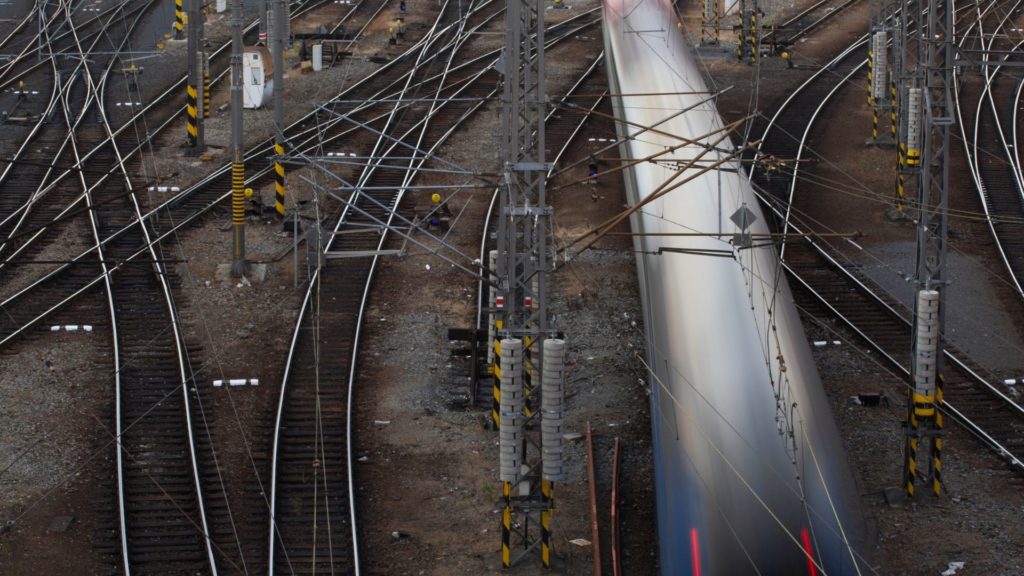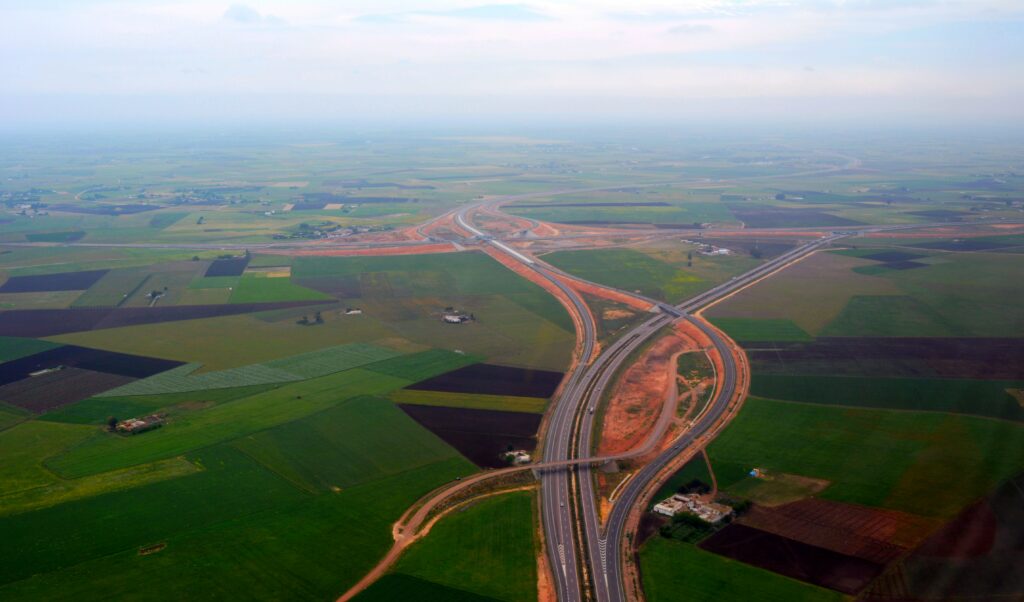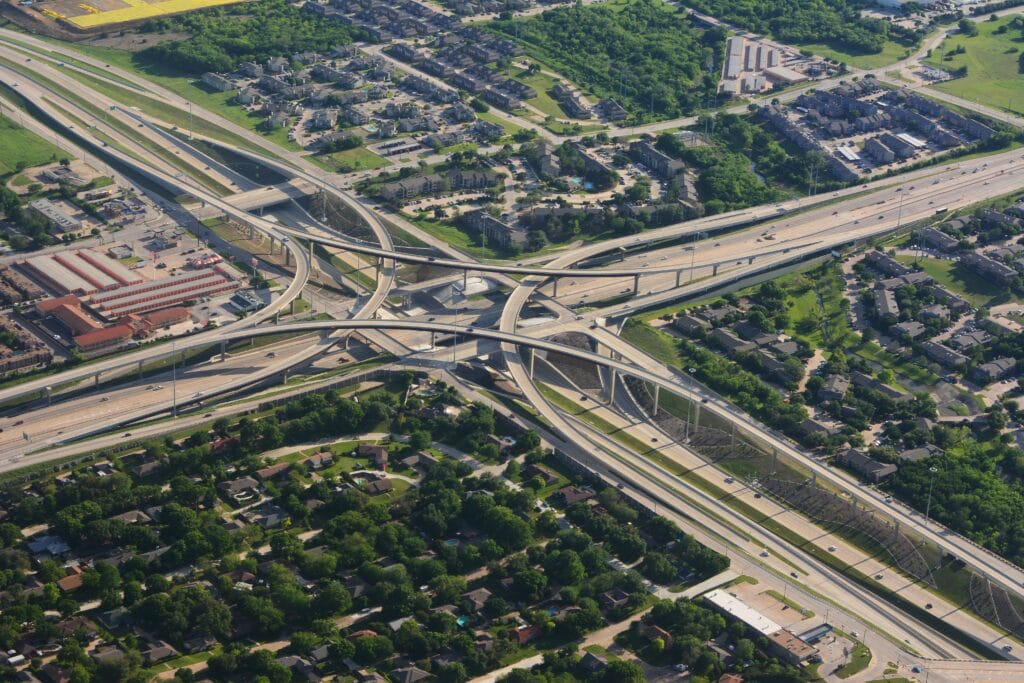Introduction Normally, each weekly article reviews just one court judgment or Commission decision. This article deviates from normal practice. It reviews three recent Commission decisions on three different French measures of support of port infrastructure: SA.115739: Direct inland waterway access to Port of Le Havre [April 2025][1] SA.113270: Investment aid to the port of Dunkirk [December 2025][2] SA.111060: Modernisation of […]
State Aid Law
Blog
State Aid Uncovered Blog
In Lexxion’s State Aid Uncovered blog, Prof. Phedon Nicolaides publishes weekly critical analyses of recent State aid judgments and decisions. Each post presents the key points of a court judgment or EU Commission decision, places it in the context of similar case law or practice, assesses the underlying reasoning and highlights any inconsistencies or contradictions.
Guest contributions from other State aid experts will also be published on the blog at irregular intervals to complement the content of the blog posts.
- infrastructure ×
23. April 2024 |
State Aid Uncovered
by Phedon Nicolaides
Introduction It is not unusual for EU courts to refer to the Commission’s 2016 Notice on the Notion of State Aid as a means of shedding light to the more obscure aspects of that notion. What is very unusual is for EU courts to treat the Notice as if it has the same status as the guidelines that bind the […]
25. January 2022 |
State Aid Uncovered
by Phedon Nicolaides
A private investor is not interested in regional development. A private investor recoups its investment in infrastructure from revenue from the operation of that infrastructure. Duplication of infrastructure does not contribute to regional development. Introduction In 2015 the European Commission caused a buzz in the State aid community when it decided that investment aid granted to a small Polish airport […]
30. November 2021 |
State Aid Uncovered
by Phedon Nicolaides
Public funding of undertakings in sectors closed to competition does not constitute State aid. A sector is closed to competition when competition on and for the market is precluded by law. Introduction Determining when State aid does not affected cross-border trade is both difficult and tricky. But there is one exception; when the sector is closed to competition. A sector […]
13. April 2021 |
State Aid Uncovered
by Phedon Nicolaides
A state guarantee can bridge the funding gap of an infrastructure project. Introduction State aid rules allow energy infrastructure projects to be supported by as much aid as is necessary to bridge their “funding gap”; i.e. the difference between the initial investment cost and the present value of their expected net operating revenue which is the future gross revenue minus […]
26. May 2020 |
State Aid Uncovered
by Phedon Nicolaides
Aid to individuals in the context of social policy is compatible with the internal market as long as it is granted without discrimination on the origin of products or services. Temporary Framework: Number of approved covid-19 measures, as of 22 May 2020: 129* Legal basis: Article 107(2)(b): 9; Article 107(3)(b): 111; Article 107(3)(c): 12 * Excludes amendments to previously notified […]
3. March 2020 |
State Aid Uncovered
by Phedon Nicolaides
The existence of State aid must be checked at the level of both the direct and indirect beneficiaries who are the owners and users of infrastructure, respectively. If payments to private land owners are to be free of State aid, they must be calculated on the basis of an objective formula that takes into account the size and value of […]
3. April 2019 |
State Aid Uncovered
by Phedon Nicolaides
Public funding of functionally and commercially severable parts of an infrastructure project may have incentive effect even after construction is completed on some of the parts. A subsidy for the operation of a toll motorway may not constitute State aid. Introduction State aid granted to a project that has already started lacks incentive effects and, therefore, cannot be found […]
21. December 2018 |
State Aid Uncovered
by Phedon Nicolaides
State guarantees must be limited in duration and amount and the conditions for their mobilization must be defined in advance. Public funding to an operator in a closed sector does not affect trade and, therefore, does not constitute State aid. Introduction Large infrastructure projects are complex, encounter many unforeseen problems and often fall behind schedule for years. Consider, for […]
27. March 2018 |
State Aid Uncovered
by Phedon Nicolaides
Publicly funded infrastructure must be made available to users at prices that correspond to its market value. Introduction When publicly-funded infrastructure is placed at the disposal of an undertaking, that undertaking must pay a market price, otherwise it derives an advantage in the meaning of Article 107(1) TFEU. But what is the market price? Is it the price […]
- infrastructure ×
24. June 2025 |
State Aid Uncovered
by Phedon Nicolaides
Introduction Normally, each weekly article reviews just one court judgment or Commission decision. This article deviates from normal practice. It reviews three recent Commission decisions on three different French measures of support of port infrastructure: SA.115739: Direct inland waterway access to Port of Le Havre [April 2025][1] SA.113270: Investment aid to the port of Dunkirk [December 2025][2] SA.111060: Modernisation of […]
23. April 2024 |
State Aid Uncovered
by Phedon Nicolaides
Introduction It is not unusual for EU courts to refer to the Commission’s 2016 Notice on the Notion of State Aid as a means of shedding light to the more obscure aspects of that notion. What is very unusual is for EU courts to treat the Notice as if it has the same status as the guidelines that bind the […]
25. January 2022 |
State Aid Uncovered
by Phedon Nicolaides
A private investor is not interested in regional development. A private investor recoups its investment in infrastructure from revenue from the operation of that infrastructure. Duplication of infrastructure does not contribute to regional development. Introduction In 2015 the European Commission caused a buzz in the State aid community when it decided that investment aid granted to a small Polish airport […]
30. November 2021 |
State Aid Uncovered
by Phedon Nicolaides
Public funding of undertakings in sectors closed to competition does not constitute State aid. A sector is closed to competition when competition on and for the market is precluded by law. Introduction Determining when State aid does not affected cross-border trade is both difficult and tricky. But there is one exception; when the sector is closed to competition. A sector […]
13. April 2021 |
State Aid Uncovered
by Phedon Nicolaides
A state guarantee can bridge the funding gap of an infrastructure project. Introduction State aid rules allow energy infrastructure projects to be supported by as much aid as is necessary to bridge their “funding gap”; i.e. the difference between the initial investment cost and the present value of their expected net operating revenue which is the future gross revenue minus […]
26. May 2020 |
State Aid Uncovered
by Phedon Nicolaides
Aid to individuals in the context of social policy is compatible with the internal market as long as it is granted without discrimination on the origin of products or services. Temporary Framework: Number of approved covid-19 measures, as of 22 May 2020: 129* Legal basis: Article 107(2)(b): 9; Article 107(3)(b): 111; Article 107(3)(c): 12 * Excludes amendments to previously notified […]
3. March 2020 |
State Aid Uncovered
by Phedon Nicolaides
The existence of State aid must be checked at the level of both the direct and indirect beneficiaries who are the owners and users of infrastructure, respectively. If payments to private land owners are to be free of State aid, they must be calculated on the basis of an objective formula that takes into account the size and value of […]
3. April 2019 |
State Aid Uncovered
by Phedon Nicolaides
Public funding of functionally and commercially severable parts of an infrastructure project may have incentive effect even after construction is completed on some of the parts. A subsidy for the operation of a toll motorway may not constitute State aid. Introduction State aid granted to a project that has already started lacks incentive effects and, therefore, cannot be found […]
21. December 2018 |
State Aid Uncovered
by Phedon Nicolaides
State guarantees must be limited in duration and amount and the conditions for their mobilization must be defined in advance. Public funding to an operator in a closed sector does not affect trade and, therefore, does not constitute State aid. Introduction Large infrastructure projects are complex, encounter many unforeseen problems and often fall behind schedule for years. Consider, for […]
27. March 2018 |
State Aid Uncovered
by Phedon Nicolaides
Publicly funded infrastructure must be made available to users at prices that correspond to its market value. Introduction When publicly-funded infrastructure is placed at the disposal of an undertaking, that undertaking must pay a market price, otherwise it derives an advantage in the meaning of Article 107(1) TFEU. But what is the market price? Is it the price […]
- infrastructure ×
24. June 2025 |
State Aid Uncovered
by Phedon Nicolaides
Introduction Normally, each weekly article reviews just one court judgment or Commission decision. This article deviates from normal practice. It reviews three recent Commission decisions on three different French measures of support of port infrastructure: SA.115739: Direct inland waterway access to Port of Le Havre [April 2025][1] SA.113270: Investment aid to the port of Dunkirk [December 2025][2] SA.111060: Modernisation of […]
23. April 2024 |
State Aid Uncovered
by Phedon Nicolaides
Introduction It is not unusual for EU courts to refer to the Commission’s 2016 Notice on the Notion of State Aid as a means of shedding light to the more obscure aspects of that notion. What is very unusual is for EU courts to treat the Notice as if it has the same status as the guidelines that bind the […]
25. January 2022 |
State Aid Uncovered
by Phedon Nicolaides
A private investor is not interested in regional development. A private investor recoups its investment in infrastructure from revenue from the operation of that infrastructure. Duplication of infrastructure does not contribute to regional development. Introduction In 2015 the European Commission caused a buzz in the State aid community when it decided that investment aid granted to a small Polish airport […]
30. November 2021 |
State Aid Uncovered
by Phedon Nicolaides
Public funding of undertakings in sectors closed to competition does not constitute State aid. A sector is closed to competition when competition on and for the market is precluded by law. Introduction Determining when State aid does not affected cross-border trade is both difficult and tricky. But there is one exception; when the sector is closed to competition. A sector […]
13. April 2021 |
State Aid Uncovered
by Phedon Nicolaides
A state guarantee can bridge the funding gap of an infrastructure project. Introduction State aid rules allow energy infrastructure projects to be supported by as much aid as is necessary to bridge their “funding gap”; i.e. the difference between the initial investment cost and the present value of their expected net operating revenue which is the future gross revenue minus […]
26. May 2020 |
State Aid Uncovered
by Phedon Nicolaides
Aid to individuals in the context of social policy is compatible with the internal market as long as it is granted without discrimination on the origin of products or services. Temporary Framework: Number of approved covid-19 measures, as of 22 May 2020: 129* Legal basis: Article 107(2)(b): 9; Article 107(3)(b): 111; Article 107(3)(c): 12 * Excludes amendments to previously notified […]
3. March 2020 |
State Aid Uncovered
by Phedon Nicolaides
The existence of State aid must be checked at the level of both the direct and indirect beneficiaries who are the owners and users of infrastructure, respectively. If payments to private land owners are to be free of State aid, they must be calculated on the basis of an objective formula that takes into account the size and value of […]
3. April 2019 |
State Aid Uncovered
by Phedon Nicolaides
Public funding of functionally and commercially severable parts of an infrastructure project may have incentive effect even after construction is completed on some of the parts. A subsidy for the operation of a toll motorway may not constitute State aid. Introduction State aid granted to a project that has already started lacks incentive effects and, therefore, cannot be found […]
21. December 2018 |
State Aid Uncovered
by Phedon Nicolaides
State guarantees must be limited in duration and amount and the conditions for their mobilization must be defined in advance. Public funding to an operator in a closed sector does not affect trade and, therefore, does not constitute State aid. Introduction Large infrastructure projects are complex, encounter many unforeseen problems and often fall behind schedule for years. Consider, for […]
27. March 2018 |
State Aid Uncovered
by Phedon Nicolaides
Publicly funded infrastructure must be made available to users at prices that correspond to its market value. Introduction When publicly-funded infrastructure is placed at the disposal of an undertaking, that undertaking must pay a market price, otherwise it derives an advantage in the meaning of Article 107(1) TFEU. But what is the market price? Is it the price […]













